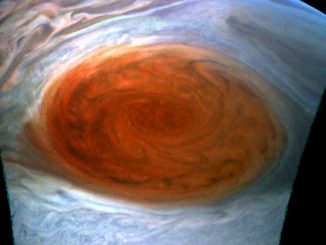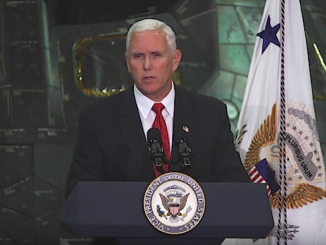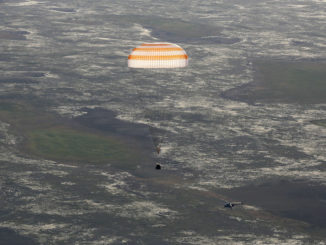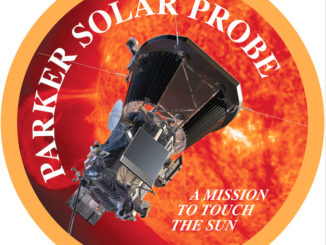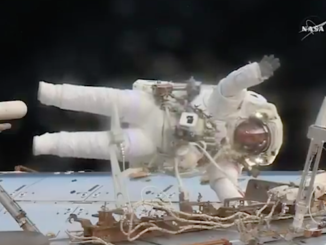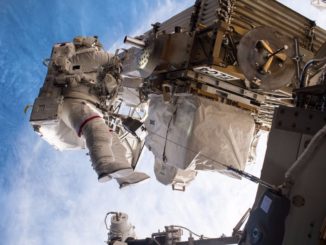
Jupiter images thrill, inspire public participation
Processing images from the camera aboard NASA’s Juno spacecraft orbiting Jupiter has turned into a cottage industry of sorts, as rank amateurs, accomplished artists and experienced researchers turn relatively drab “raw” images into shots ranging from whimsical to spectacular and everything in between.

